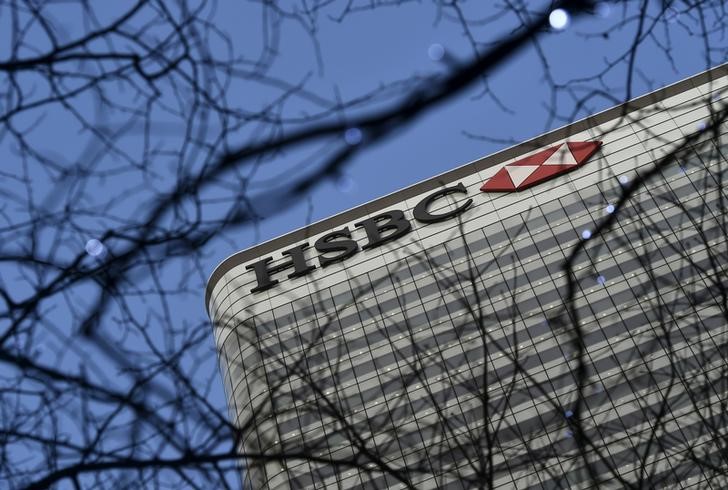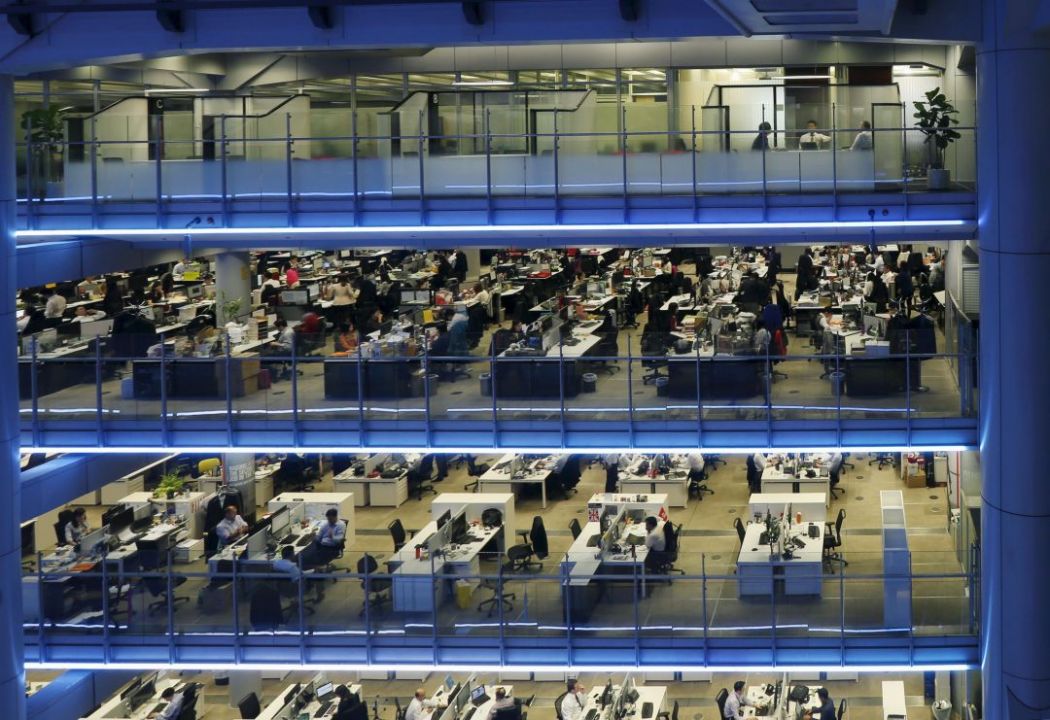HSBC has introduced stricter rules for the use of safety-deposit boxes in Hong Kong, which customers use to store valuables but which are at risk of being abused for money laundering and terrorism financing.
Safety boxes offer clients who lease them the possibility to store items such a jewels, art or any other valuable in a private and highly secure place, for instance a bank’s vault.

“The nature of a safe deposit locker means it has the potential for misuse for criminal purposes,” HSBC, Hong Kong’s biggest bank, said in an emailed statement in on Monday.
“We have introduced several clauses to the conditions of lease for safe lockers to further strengthen our defences against financial crime and to enable us to co-operate with law enforcement agencies when required.”
HSBC, which is also Europe’s biggest bank by assets, did not elaborate on the changes that it was introducing or whether the new terms were being changed elsewhere. But it said the new, stricter rules, would apply also to old-time customers who started to lease the safety locker before December 18, 2014.
A report commissioned by the federal government of Switzerland highlighted in December how in certain circumstances safety boxes can be vulnerable to financial crimes.
HSBC agreed in 2012 to pay $1.92 billion in U.S. fines for failing to stop hundreds of millions of dollars in drug money from flowing through the bank in Mexico, and has promised to fix the problems.

The bank, which has also been caught up in a tax evasion scandal at its Swiss unit, has since been carrying out a thorough exercise to upgrade its compliance and risk globally.
HSBC said it was reaching out to customers asking them not to deposit any property of illegal nature such as illegal drugs, offensive weapons, stolen property or guns.
Holdings which could become a nuisance, for instance explosives were also not allowed.
Earlier on Monday, the South China Morning Post reported that HSBC has been sending letters to clients mentioning the tighter rules as of last month.
Reporting by Lisa Jucca; Editing by Michael Perry.
